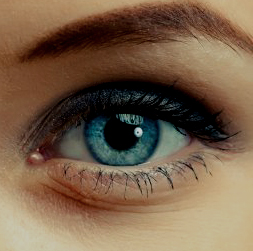
After decades of research, here it is: the first promising evidence in humans, albeit imperfect and early, that a cocktail of three drugs is enough to reverse the epigenetic clock—a measure of someone’s biological age and health.
The results came as a surprise to even the research team, who originally designed the trial for something a little less dazzling: to look at human growth hormone’s effects on the thymus, the cradle of the body’s immune system that deteriorates with age.
“Maintained immune function is seen in centenarians,” and thymus function is linked to all-cause mortality, explained study author Dr. Gregory Fahy at Intervene Immune, based in Los Angeles, California. “So we were hoping to use a year of growth hormone to maintain thymus function in middle-aged men, right before the tissue’s functions take a nosedive,” he said.
Yet something gnawed at the back of his mind. To combat the side effects of growth hormone, which includes dangerously increasing blood sugar levels, the team added in two diabetes drugs as a countermeasure. One is DHEA, a hormone secreted by the adrenal gland. The other, metformin, might spark immediate recognition: based on pre-clinical research it’s one of the most promising anti-aging drugs in the longevity pipeline. All three drugs have been linked to slowing the aging process in the lab.
What if the three-drug combination didn’t just work on the immune system? What if they can actually induce measurable anti-aging effects in humans?
Before terminating the study, Fahy decided to call up Dr. Steve Horvath at the University of California, Los Angeles. The “watcher” of epigenetic clocks, Horvath has spent his career finding measures to assess a person’s biological age, which differs from the number of candles you put on your birthday cake every year but better reflects your “true” age. Taking the drug cocktail for one year shed the participant’s chronological age by 2.5 years on average, while showing signs of immune rejuvenation.
While not a massive change, the results caught the team off guard. “I’d expected to see slowing down of the clock, but not a reversal,” said Horvath. “That felt kind of futuristic.”
It’s not to say we’ve “cured” aging—far from it. But after decades of research in flies, worms, and rodents, this trial in humans, however small and imperfect in control measures, offers hope.
